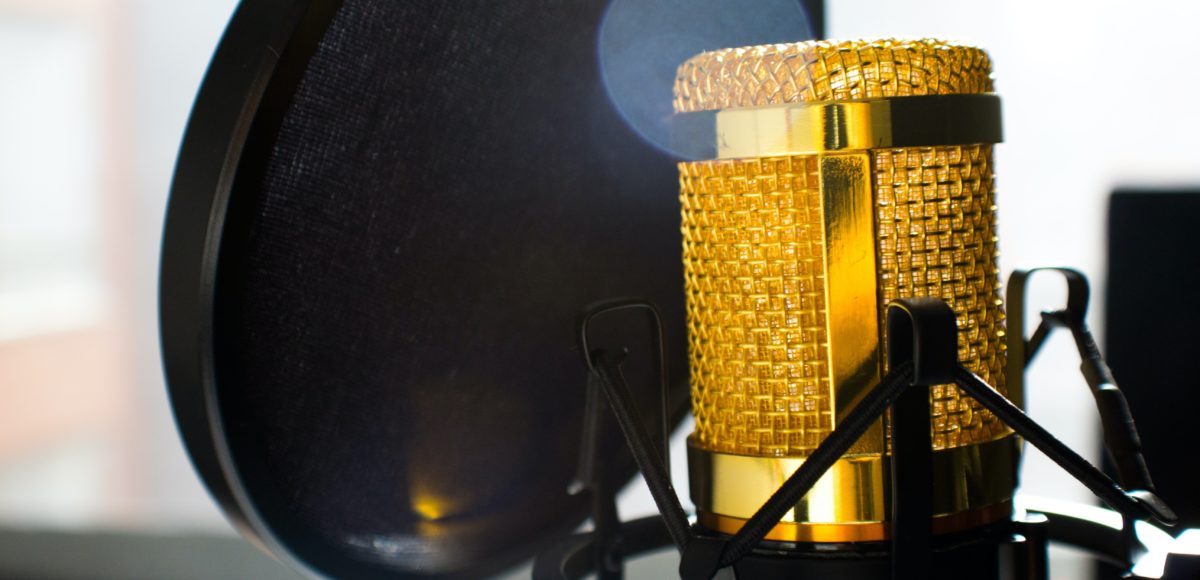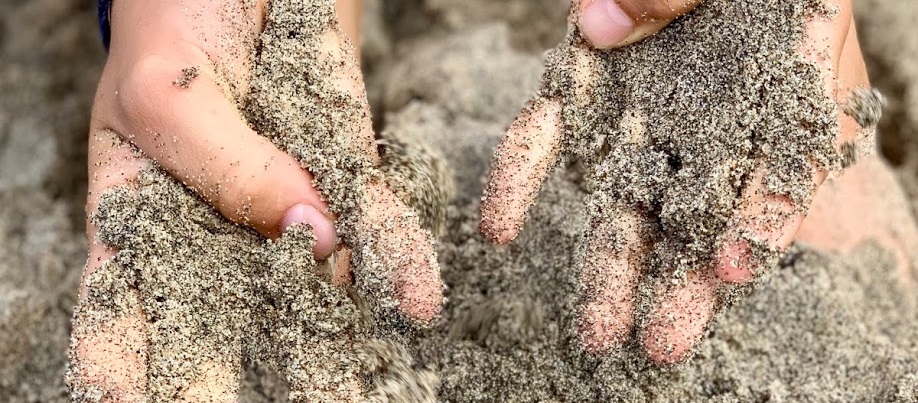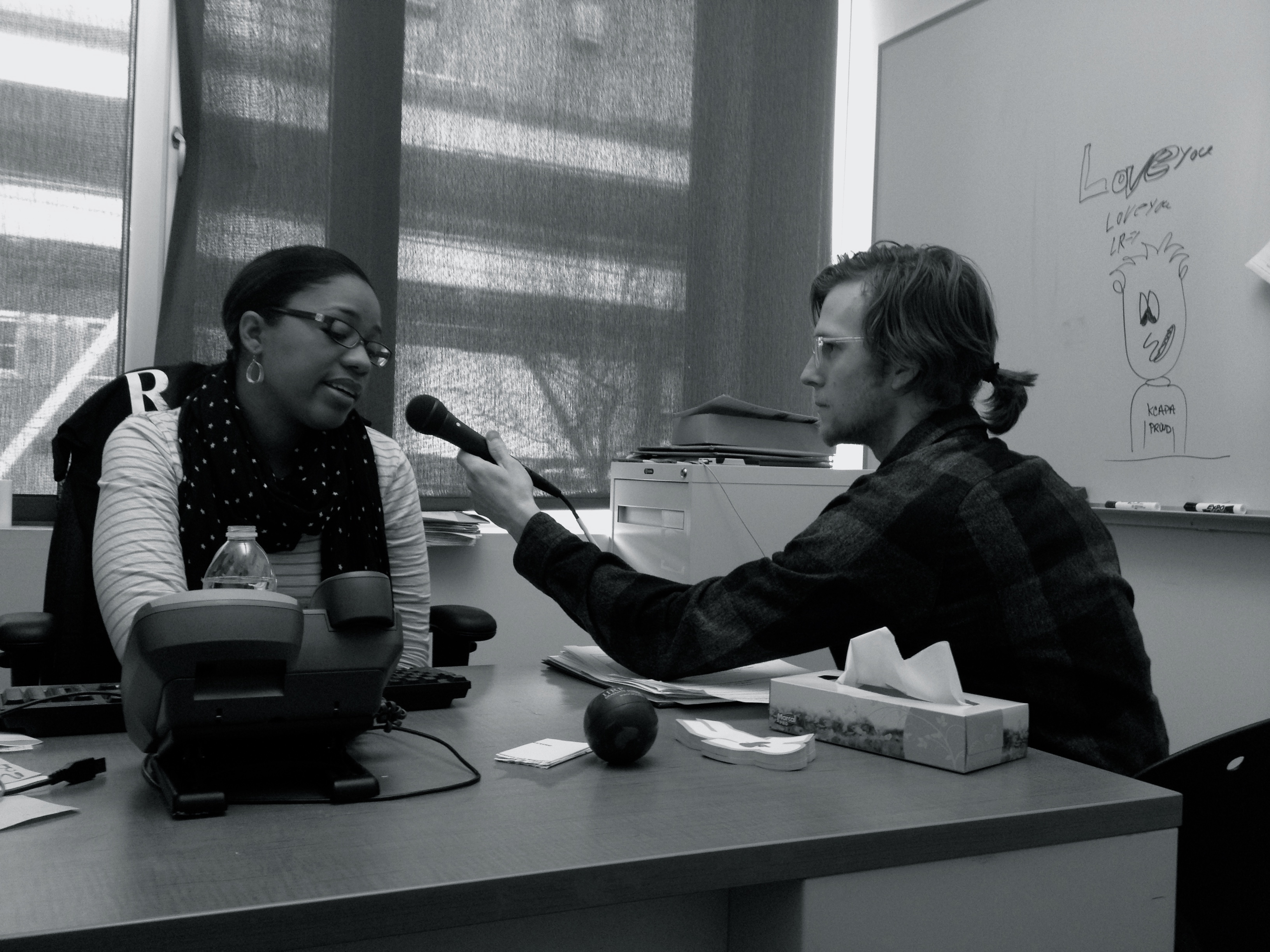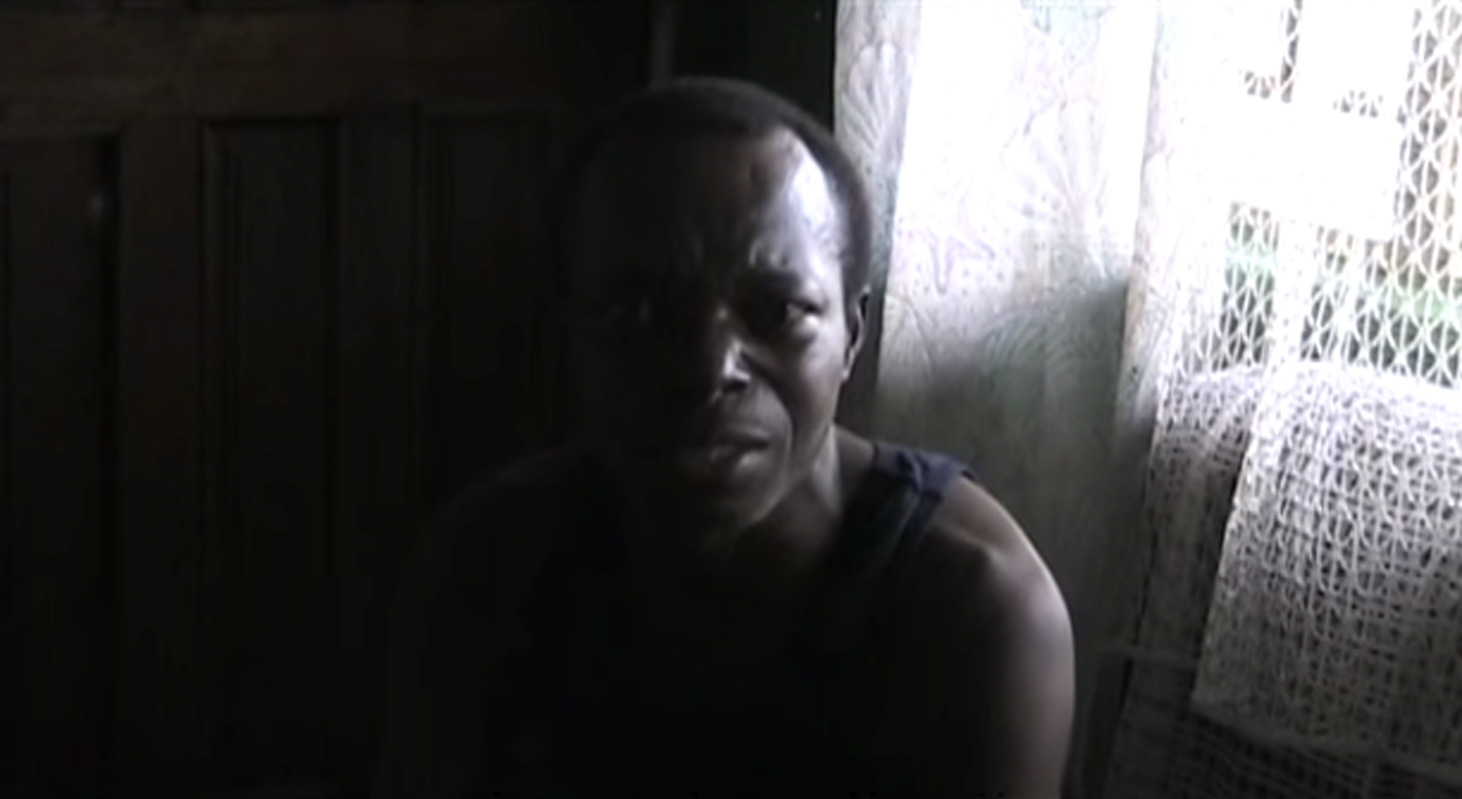I had all the resources right, the consent and release forms, I knew how to use all of the equipment from the microphone to the video recorder, I had the questions written out nicely, I even went to a seminar talking about how to make an interview “flow”, and yet a sense of awkwardness flooded over me. I knew all of the steps but it was still hard for me to put them together in a fluid effort. Therefore, I decided to write a tutorial on how to practice your interviewing skills if you are like I was and have never done it before.
1. Interview Friends or Family Members For Practice.
Whether you are interviewing mostly strangers or people you know very well, practicing your interviewing with your friends and or family is a good idea. This is a positive way to begin getting comfortable with the flow of introducing your project, getting your consent forms signed, asking questions, and remembering your release form. While it may seem awkward to interview your friends on an intense topic, it is well worth it. It is much better to go through the clumsiness of figuring out conducting an interview through practice rather than with your first official interviewee.
2. Practice Setting Up Your Equipment.
It will be helpful to set up your equipment while also talking with someone. I found that my first couple interviews were stiff and graceless as I was trying to set up the interview equipment and get to know the interviewee. Thus, practicing getting your equipment ready while meeting a new person and or creating casual conversation is a good idea in order to make your interviewee become more comfortable for your interview.
3. Practice Multiple Times.
The more you practice. the more questions you will realize you have. It is good to ask these before your real interviews. While it is totally okay to ask questions about the interview process when you are doing real interviews, it will help to make you feel more comfortable if you ask questions beforehand.
4. Practice Asking Hard Questions.
When I was preparing for interviewing, I did not think I would have a difficult time asking hard questions. I mean, I have had deep conversations in classes and with my friends all the time. But after a couple interviews I realized that asking these questions to people who I just met is a very different type of comfortability. Therefore, ask when you are conducting a practice interview ask hard questions, ask questions that make you more comfortable with the uncomfortable. While you can not fully prepare asking someone you just met deep questions, at least get comfortable asking deep questions to your friends and family.
Although it takes a lot of effort to practice your interviewing procedure it is very important to do. The people you are interviewing are sharing parts of their lives, parts of who they are, good and bad, so you owe it to them to have your things in order. By no means am I asking anyone to be perfect as the interviewer, but to simply do their best and be respectful towards the people they are interviewing and to the research itself.








